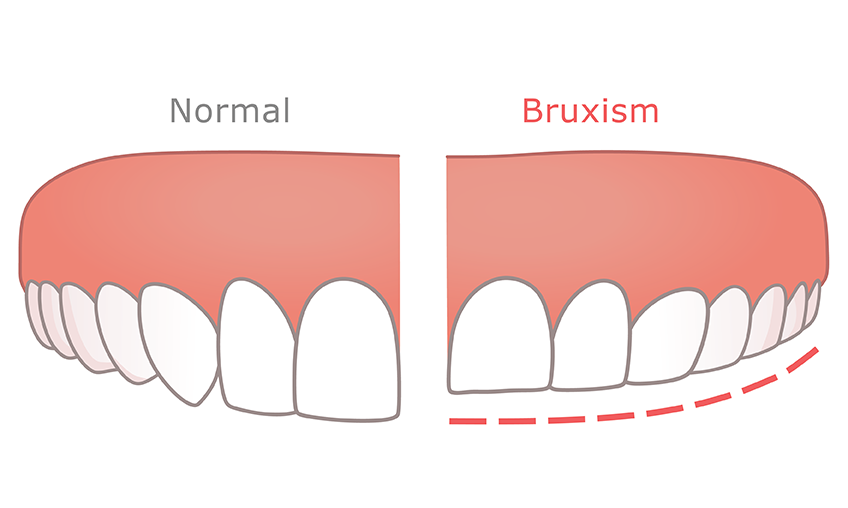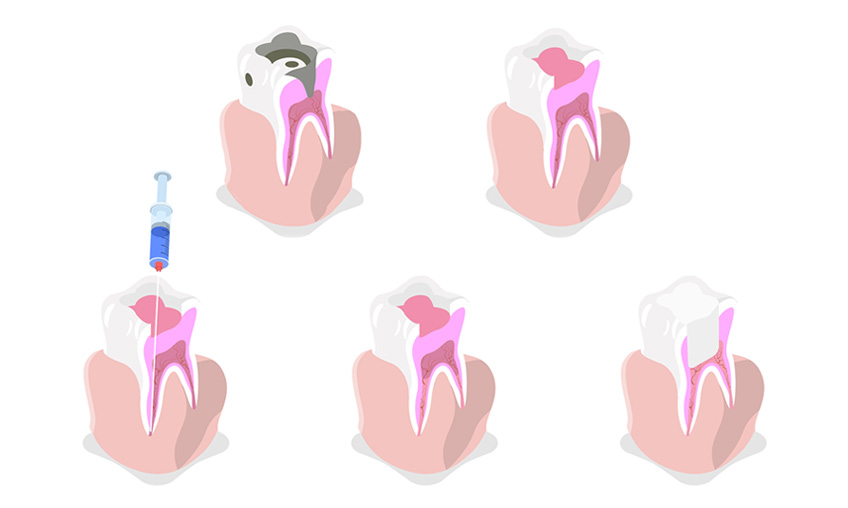
By Steven Barefoot, DDS
Tooth decay starts when oral bacteria create acids that harm the tooth’s surface (enamel). Oral plaque helps this acid stick to your teeth. Over time, the plaque can turn into tartar (calculus), which helps the acids damage and destroy the enamel and create a hole. Without treatment, this hole -- also called a cavity -- can grow so large that the tooth may need removal.
You are more likely to have tooth decay if you do not take care of your teeth and if you eat and drink things with a lot of sugar and starch, says to the U.S. National Library of Medicine. There is also a higher risk for people who have “dry mouth” (not enough saliva) due to medicines, certain diseases, or some cancer treatments. Not getting enough fluoride also creates a bigger threat for tooth decay.
Age plays a role, too. For example, babies and toddlers who drink from bottles may be at increased risk, especially if they get juice or a bottle at bedtime. And older adults have more chances of decay due to receding gums and teeth with more wear and tear.
But whatever your stage of life, you can avoid cavities!
Steps to Prevent Tooth Decay
To avoid tooth decay, follow these steps:
- Give your teeth the brushing they deserve. Brush with fluoride toothpaste twice a day for two minutes (one minute for top teeth and one minute for bottom teeth). Use a toothbrush with soft bristles and brush each tooth in a small, circular motion being sure to brush all surfaces. Also, be sure to brush after eating sugary or starchy foods. Replace your toothbrush every three months or sooner if the bristles are wearing down.
- Floss daily. Dental floss reaches where your toothbrush can’t. Flossing not only removes food particles stuck between teeth, but also oral plaque. Removing plaque is vital to keeping your teeth and gums healthy.
- Keep your dentist appointments. See your dentist every six months for an exam and professional teeth cleaning to remove plaque, bacteria, and tartar buildup. This ensures that your at-home brushing and flossing will be more effective. Regular appointments are important to help to prevent cavities or catch them early.
- Ask about fluoride and sealants. Fluoride makes tooth enamel strong so it can better resist decay. It can even help to reverse early stages of decay. Your dentist may treat your teeth with a fluoride coating or prescribe fluoride supplements. In addition to fluoride, children can benefit from tooth sealants that protect chewing surfaces from the acids that cause decay. Getting sealants or a fluoride coating is quick, easy, and painless.
- Enjoy good nutrition. Drink plenty of water, especially fluoridated tap water. The American Dental Association advises eating a balanced diet that includes fruit, vegetables, whole grains, lean protein, and low-fat and fat-free dairy products. Limit your number of sugary foods and drinks and brush soon after consuming them.
- Don’t use any tobacco. All tobacco is unhealthy, including for your teeth and gums. If you use it, it’s never too early or late to quit!
Improving the oral health of all is our mission here at DentaQuest, part of Sun Life U.S. Click here for more helpful oral health tips and information for you and your family.
With 30-plus years in dental practice, Dr.Barefoot provides clinical input to develop new care programs; manages the design of quality measures; and responds to providers participating in value-based programs. Medical research at Methodist Hospital of Indiana and business development, analysis, and analytics in a range of areas complement Dr. Barefoot’s clinical career.

PREVENTISTRY PULSE
The newsletter designed for anyone who wants to improve oral health for themselves, their families, customers or communities.


